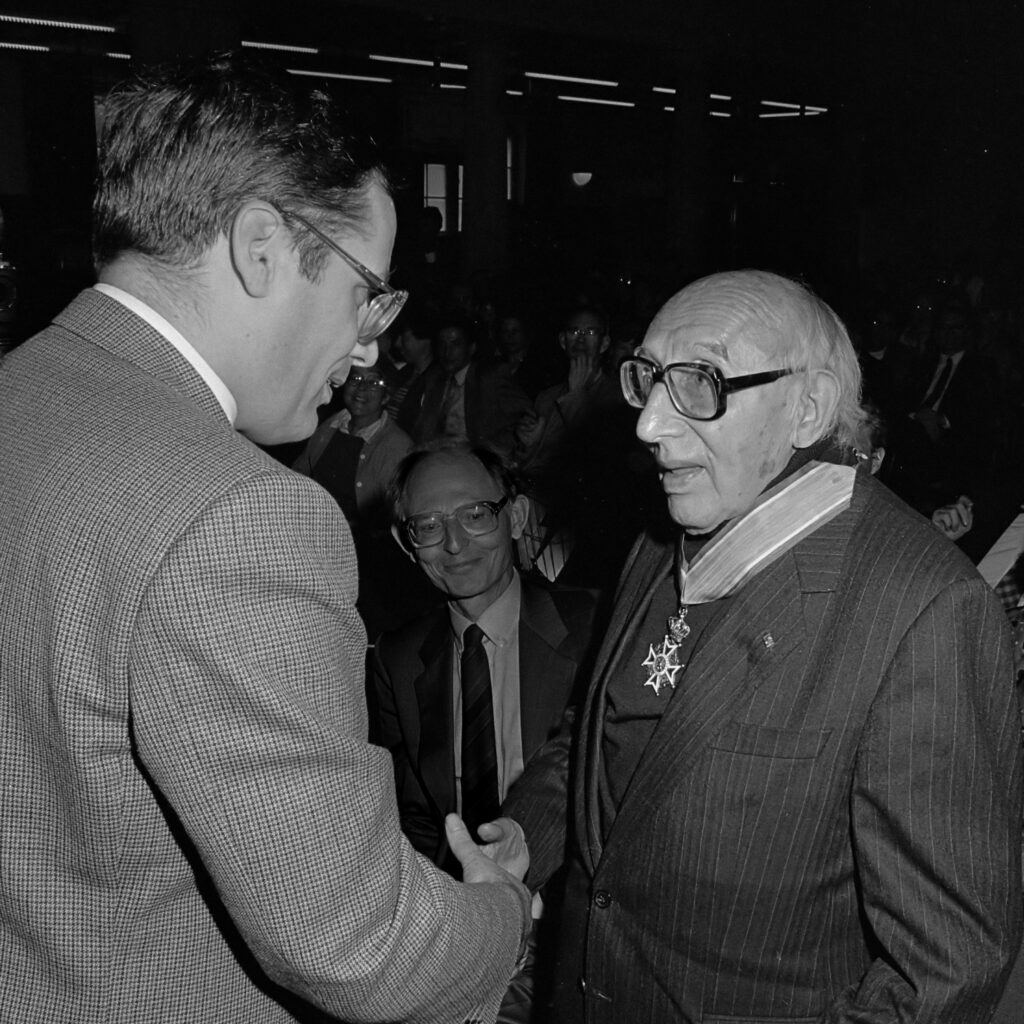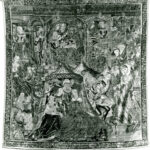Norbert Elias was a prominent German sociologist and philosopher known for his groundbreaking contributions to the field of sociology and his development of the concept of “figurational sociology.” Born on June 22, 1897, in Breslau, Germany (now Wrocław, Poland), Elias emerged as one of the most influential figures in the social sciences during the 20th century. His work focused on various aspects of society, including power, social dynamics, civilization, and the interplay between individuals and larger social structures.
Elias grew up in a middle-class Jewish family and showed a strong interest in philosophy and sociology from an early age. He began his academic journey by studying medicine at the University of Breslau, but his studies were interrupted by World War I, during which he served in the German army. After the war, Elias resumed his studies and eventually shifted his focus to sociology, completing his doctoral dissertation in 1924 on the topic of “The Established and the Outsiders.”
In the 1930s, as the political situation in Germany became increasingly hostile towards Jewish intellectuals, Elias, who had been teaching at the University of Frankfurt, was forced to flee the country due to his Jewish heritage. He sought refuge in France and then later settled in England, where he would spend the rest of his life.
During his time in England, Elias faced significant challenges in establishing himself within the academic community. However, he persisted in his research and writing, gradually gaining recognition for his work. One of his most influential publications came in 1939 when he published “The Civilizing Process,” a magnum opus that explored the historical development of manners, self-restraint, and social control in Western societies. The book was met with limited attention initially but gained widespread recognition and acclaim several decades later, becoming a foundational text in sociology.
Elias’s figurational sociology, also known as process sociology, emphasized the interconnectedness of individuals and their social contexts. He argued that human behavior is shaped by complex interdependencies and social structures, which he referred to as “figurations.” According to Elias, individuals are not autonomous actors but are instead shaped by the dynamics and constraints of their social networks.
In the 1960s and 1970s, Elias’s work gained increased attention, and he was appointed to various academic positions, including the role of professor of sociology at the University of Leicester. He continued to publish influential works during this period, such as “What is Sociology?” (1970) and “The Court Society” (1983), which examined the social dynamics and power structures within courts and aristocratic societies.
Elias’s theoretical framework extended beyond sociology to encompass other disciplines such as history, psychology, and philosophy. His work touched on diverse topics, including the development of the state, the role of violence in society, and the nature of human interdependence. He also engaged with debates surrounding the nature-nurture divide and the interplay between individual agency and social forces.
Elias’s intellectual contributions were recognized globally, and he received numerous accolades for his work. In 1977, he was awarded the prestigious Theodor W. Adorno Prize by the city of Frankfurt. His influence extended beyond academia, and his ideas continue to shape sociological and philosophical discourse to this day.
Norbert Elias passed away on August 1, 1990, in Amsterdam, the Netherlands. His legacy lives on through his extensive body of work, which remains highly influential in the social sciences. Elias’s figurational sociology continues to inspire scholars to explore the complex interplay between individuals and society and offers valuable insights into the forces that shape human behavior.
Sources
The Civilizing Process – Wikipedia
Norbert Elias | Civilization Process, Sociology Theory & Social Change | Britannica







